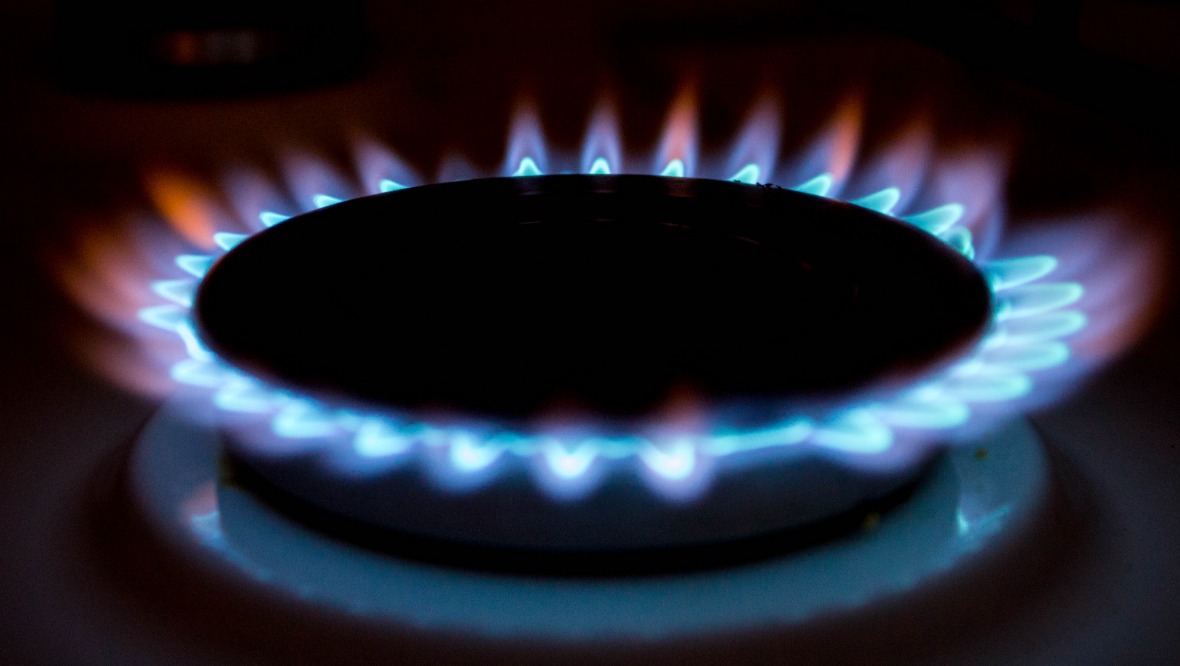Millions will see their energy prices rise on Saturday even though a cost per unit cap will soften the blow.
Industry regulator Ofgem announced domestic gas and electricity bills would increase by 80% on October 1.
But the Government stepped in with measures meaning a typical household will see their annual bill rise from £1,971 to £2,500.
Liz Truss and Kwasi Kwarteng have continued cost of living payments introduced by the previous administration to further mitigate the impact of the increases.
But charities say prices will still be double what they were last winter leaving many struggling to afford heating.
More than a fifth of Scottish households are already in “serious financial difficulty”, according to a survey.
The Abrdn Financial Fairness Trust funds research found that 37% were cutting back on energy bills.
Charity Energy Action Scotland said fuel poverty is at record levels as it urged people to submit their meter readings before prices rise on Saturday.
“As unit costs for electricity and gas push bills higher still in October, communities will suffer and take years to recover,” the charity’s chief executive Frazer Scott said.
“Meanwhile the impact of fuel poverty will be felt on the NHS and social care system and lives will be needlessly lost.”
More than 40% of people over 50 are believed to be living in fuel poverty in Scotland, with some admitting to sacrificing food to meet the cost of rising bills, according to research by Age Scotland.
How much will the Government’s cap save you?
The Government’s plan only caps the cost per unit that households pay, with actual bills still determined by how much energy is consumed.
Although the Prime Minister said that people would not face energy bills of more than £2,500 – that is only true of an average household.
According to the UK Government, the price guarantee will save the typical home “at least” £1,000 a year.
The average unit price for dual fuel customers paying by direct debit will be limited to 34.0p/kWh for electricity and 10.3p/kWh for gas, inclusive of VAT, from October 1.
In a tweet on Thursday, MoneySavingExpert.com founder Martin Lewis wrote: “The reason it is so important not to communicate that there is a £2,500 cap (is) it risks some people, possibly vulnerable elderly people, thinking they can keep the heat on max all winter, and they won’t pay more than a certain amount.”
Those on prepayment meters, who pay for energy as they use it and so have been unable to spread the yearly cost more evenly, will benefit from the price guarantee.
So the money they put on the meter will last longer than would otherwise have been the case this winter.
Follow STV News on WhatsApp
Scan the QR code on your mobile device for all the latest news from around the country


 iStock
iStock
























